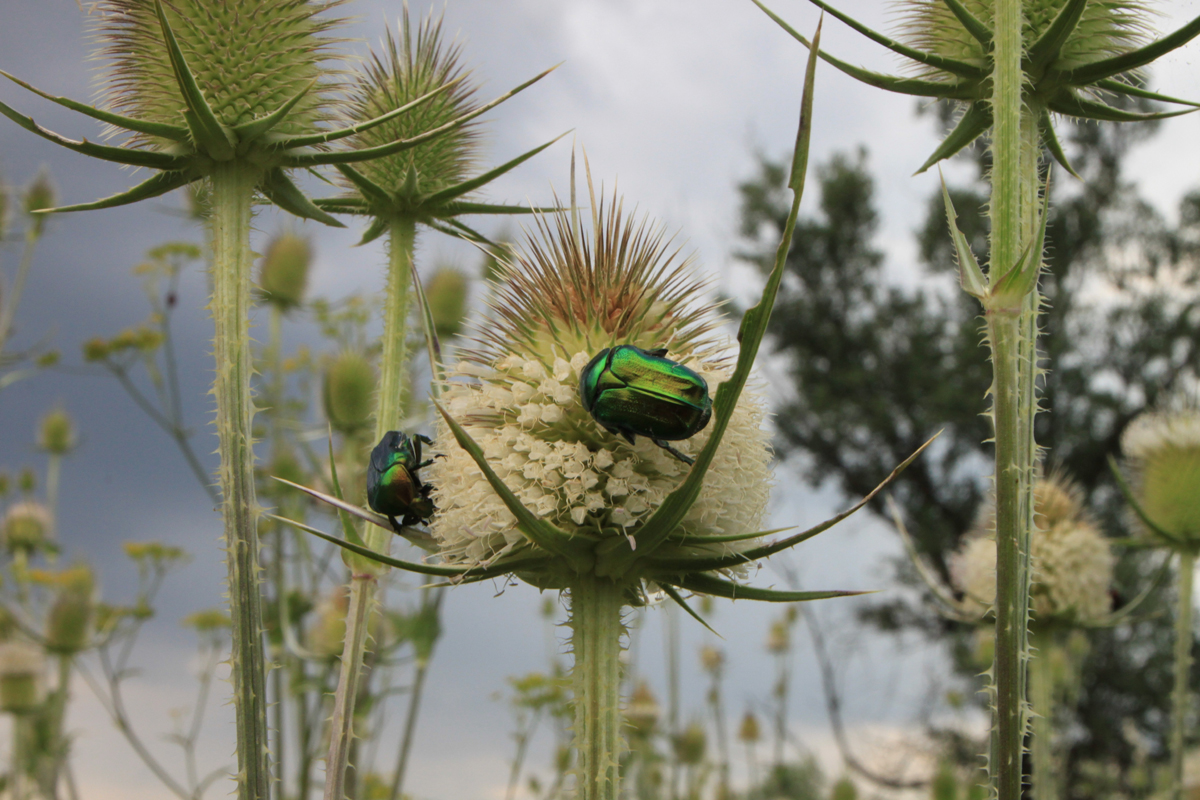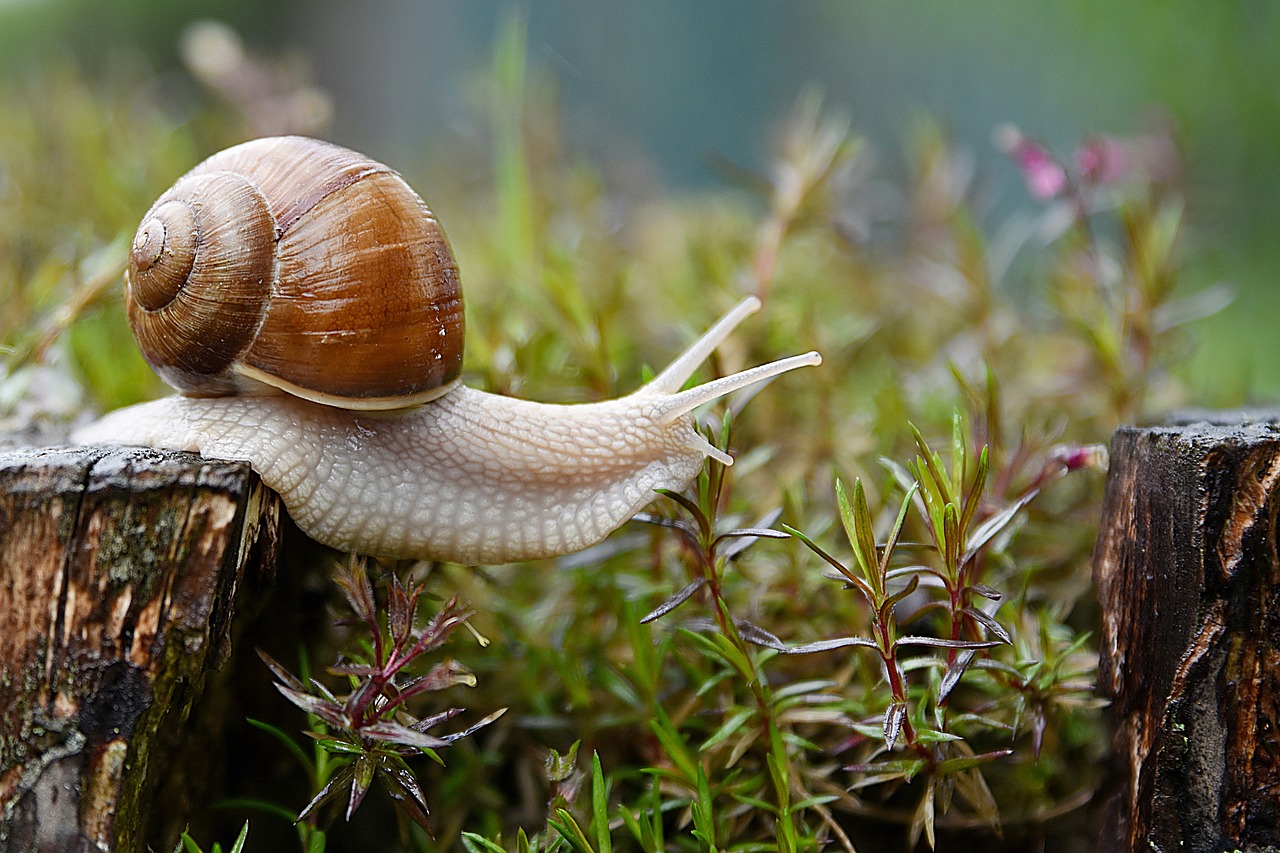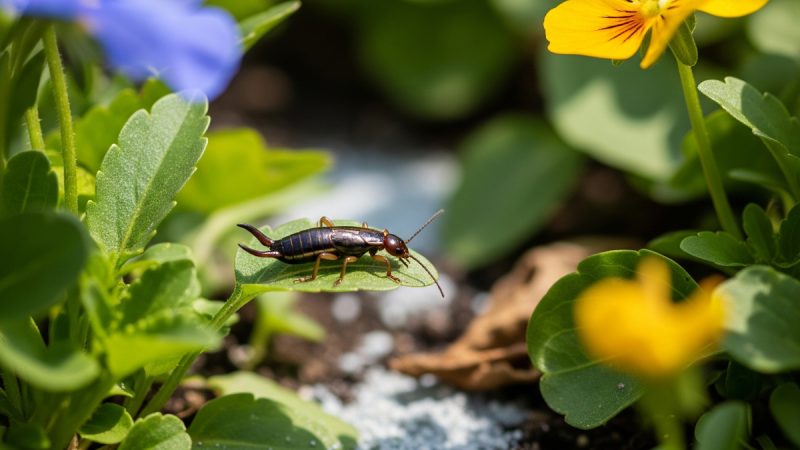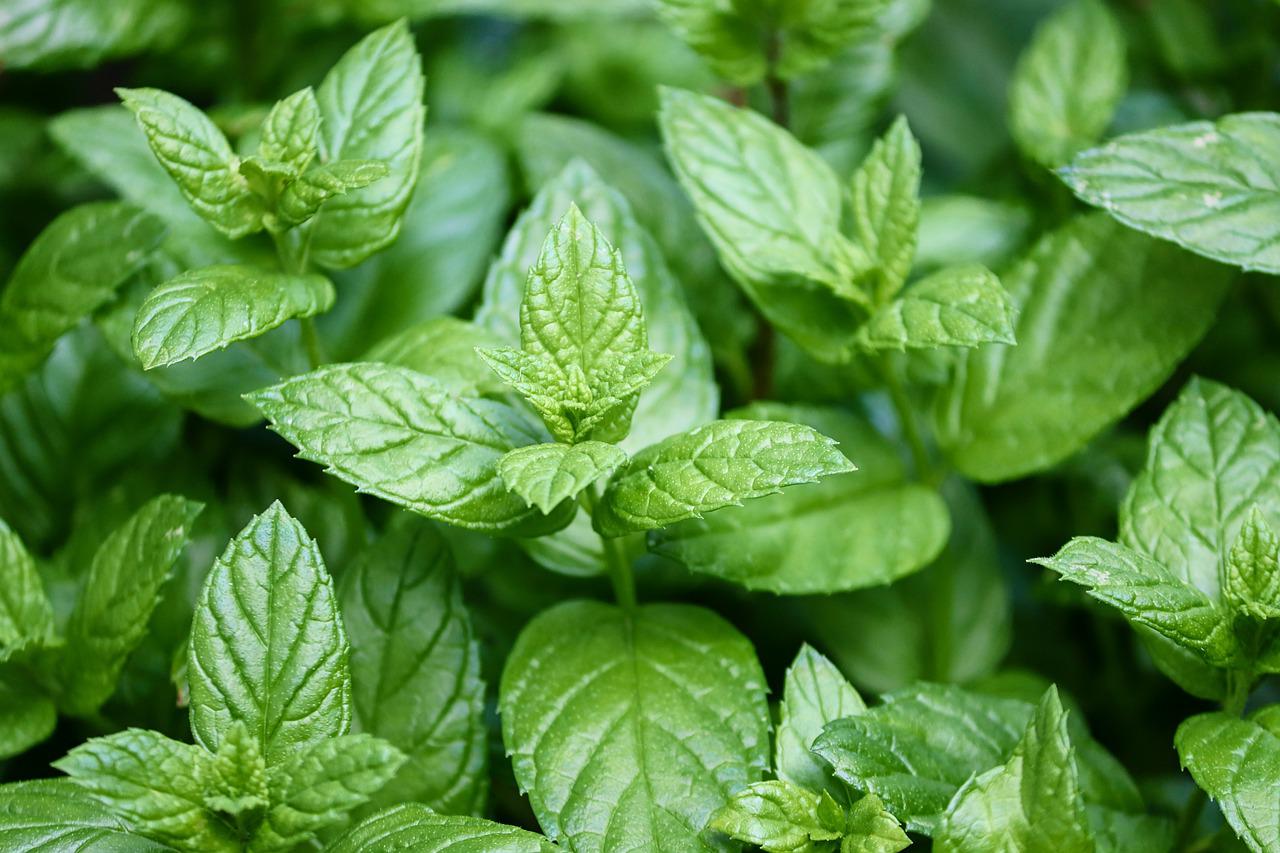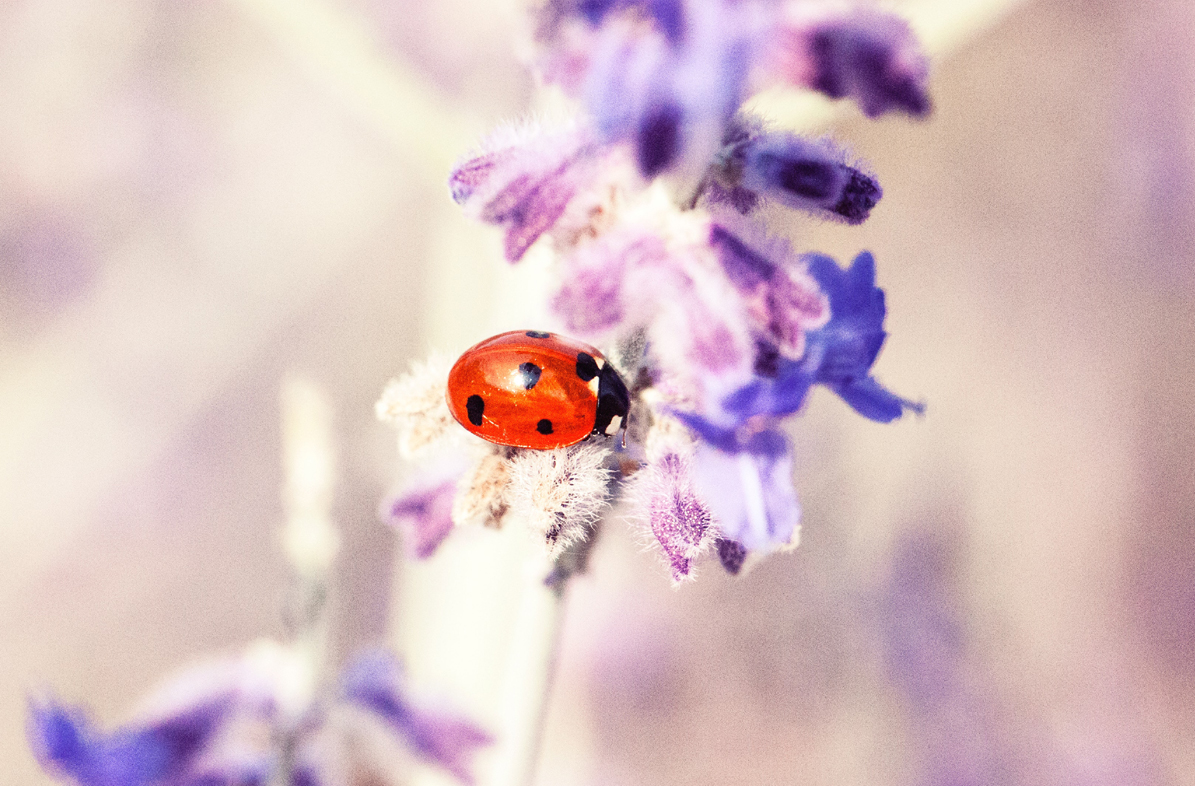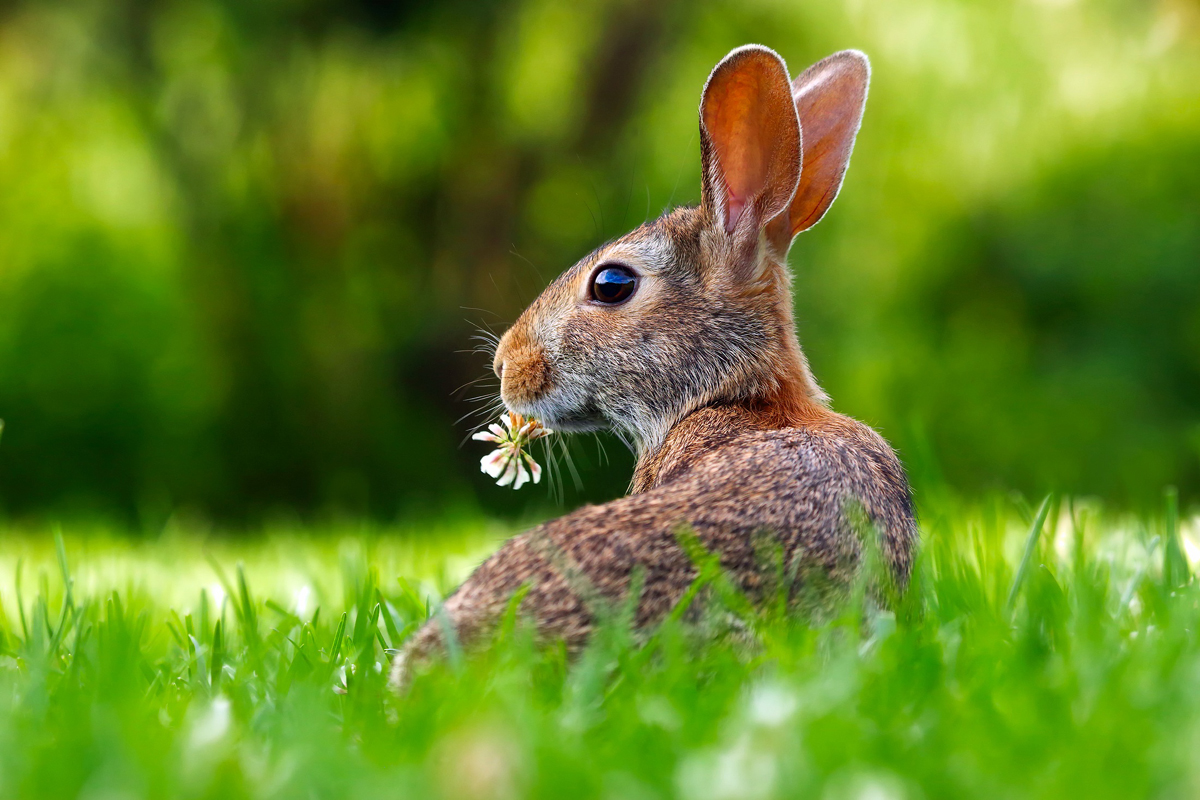Natural Ways to Keep Ants Out of Your House and Garden
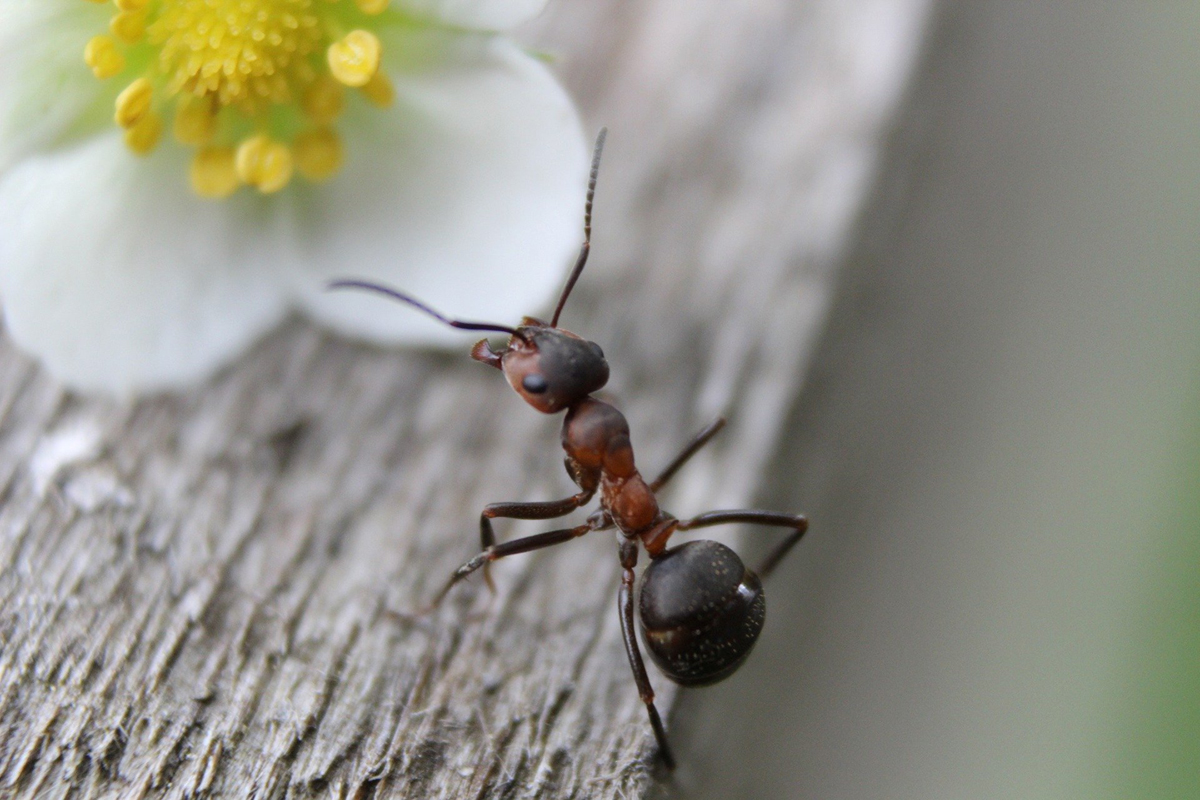
Ants are attracted to food and water sources, so the most effective way to keep them out of your house and garden is to eliminate these attractants. Keep your kitchen and eating areas clean, wipe up spills immediately, and store food in airtight containers. In your garden, make sure to fix any leaky hoses or sprinklers, and avoid over-watering plants.
Another way to deter ants is by creating barriers using natural substances.
1. Cinnamon Powder: Sprinkle ground cinnamon around the areas where you see ants entering the house or around your plants in the garden. The strong scent of cinnamon disrupts their sense of smell, making it difficult for them to find their way back to the nest.
2. Peppermint Oil: Mix ten drops of peppermint oil with one cup of water and spray around the entry points of your house or garden. Ants hate the smell of peppermint, and it will deter them from coming into your space.
3. Vinegar Solution: Fill a spray bottle with equal parts of vinegar and water and spray around your house or garden. The strong smell of vinegar will repel ants and prevent them from entering your space. You can also use this solution to clean your kitchen counters and floors to eliminate any scent trails. (don’t spray on plants or grass, the vinegar can kill them.)
4. Diatomaceous Earth: Spread diatomaceous earth around the perimeter of your house or in your garden to create a barrier that ants won’t cross. Diatomaceous earth is a natural substance made from the fossilized remains of tiny aquatic organisms and it damages the exoskeleton of ants, leading to their death.
5. Lemon Juice: Squeeze fresh lemon juice around doorways, windows, and other entry points to repel ants. You can also mix lemon juice with water and spray it in areas where ants have been seen.
6. Bay Leaves: Place a few bay leaves in your pantry, kitchen cabinets, or anywhere you store food. Bay leaves contain a natural repellent that will keep ants away from your food.
7. Garlic: Crush a few cloves of garlic and place them near ant entry points or mix with water and use as a spray. The strong scent of garlic will keep ants away.
8. Chalk: Draw a line of chalk around doors, windows, and other entry points to create a barrier that ants won’t cross. The calcium carbonate in chalk disrupts the scent trail that ants follow.
9. Coffee Grounds: Sprinkle used coffee grounds in areas where ants have been seen. The strong scent of coffee will mask their pheromone trail and confuse them.
10. Baby Powder: Sprinkle baby powder around doorways or windows to create a barrier that ants won’t cross. The talcum powder in baby powder interferes with their sense of smell.
11. Baking Soda and Powdered Sugar Bait: Mix equal parts of baking soda and powdered sugar in a bowl or jar and place it where you have seen ant activity. Ants will be attracted to the sugar and will consume the baking soda along with it. The baking soda will cause gas to build up in their bodies, leading to their eventual death.
12. Orange Peel Spray: Boil water and steep orange peels in it for 10-15 minutes. Let the mixture cool and strain it into a spray bottle. Spray this solution around entry points and ant trails. The strong scent of oranges will repel ants.
13. Mint Leaves: Crush fresh mint leaves and sprinkle them around your house or garden. You can also boil the leaves in water and use the resulting solution as a spray. Ants dislike the strong scent of mint.
14. Petroleum Jelly: Apply a thin layer of petroleum jelly around the base of plants or the legs of tables and chairs in your garden. Ants won’t be able to climb over the slippery surface.
15. Borax Bait: Mix 1/2 cup of sugar, 1 1/2 tablespoons of borax, and 1 1/2 cups of warm water in a jar. Shake well and place small amounts of the mixture in areas where ants have been seen. The ants will take the mixture back to their colony, eventually killing off the entire nest.
It’s important to note that natural treatments may need to be reapplied more frequently than chemical pesticides. Depending on the severity of the infestation, you may need to reapply treatments every few days or weeks.
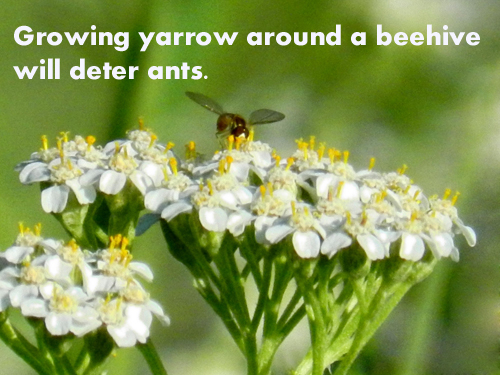
To prevent ants from climbing on garden plants, you can try the following natural methods:
1. Sticky Barriers: Wrap a strip of sticky tape or sticky material such as Tanglefoot around the base of the plant to create a barrier that ants cannot cross. Alternatively, apply a sticky substance such as petroleum jelly or cooking oil to the base of the plant trunk.
2. Diatomaceous Earth: Spread diatomaceous earth around the base of the plant and create a perimeter barrier to deter ants. Diatomaceous earth will cause damage to the exoskeleton of ants, eventually leading to their death.
3. Cinnamon: Sprinkle cinnamon powder around the base of the plant and create a barrier. The strong scent of cinnamon will repel ants.
4. Essential Oils: Mix a few drops of peppermint or tea tree essential oil in water and spray the solution on the base of the plant and the surrounding soil. The strong scent of essential oils will deter ants.
5. Vinegar: Mix equal parts vinegar and water in a spray bottle and spray it on the base of the plant and the surrounding soil. Vinegar contains acetic acid which disrupts the scent trail that ants follow.
Remember to reapply these treatments after rain or watering to ensure their effectiveness. Avoid using harmful chemicals on your plants and opt for natural methods to keep ants away.
Common predators of ants include:
1. Anteaters: Anteaters are specialized animals that feed primarily on ants and termites.
2. Birds: Several species of birds including woodpeckers, nuthatches, and chickadees feed on ants.
3. Spiders: Many species of spiders prey on ants including jumping spiders and crab spiders.
4. Insects: Some insects such as assassin bugs and mantids will eat ants when given the chance.
5. Other Ants: Some species of ants are known to prey on other ants. These ants are referred to as “predatory ants”.
While ants may have natural predators, they are still very successful as a species due to their impressive numbers and adaptability to a wide range of environments.
Remember that these natural treatments may not work overnight, and you may need to use a combination of methods to keep ants out of your house and garden. Be patient and persistent, and you’ll find a solution that works for you.
The Author:
Pioneerthinking.com – Ingredients for a Simple Life.
Photo. Leona 2013


